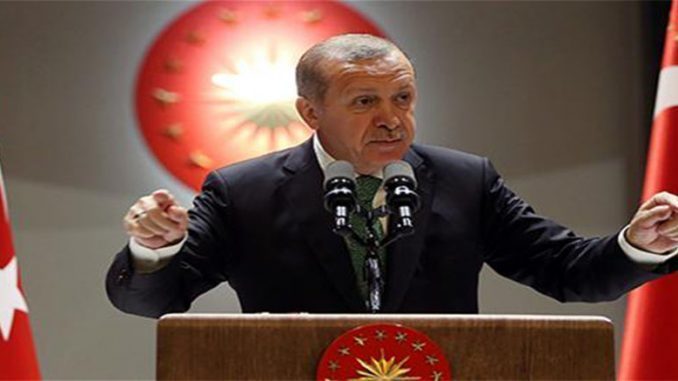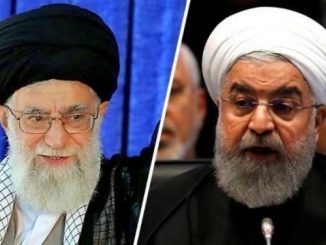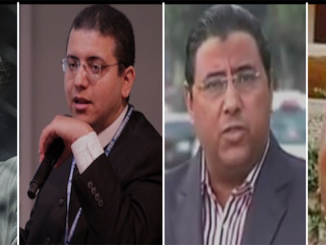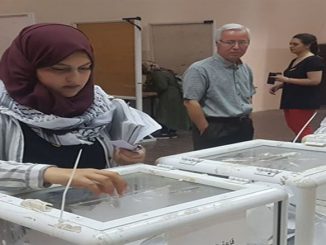
Turkey has entered a new period of five years with the presidential and parliamentary elections held on June 24. During this period, a new system will come into effect, in which the legislation and execution will be separate entities and the president will directly appoint the Cabinet. This new model will ease decision-making processes while ensuring more rapid growth.
President Recep Tayyip Erdoğan, who is the architect of the new system, has been re-elected in the presidential elections with 52.6 percent of the vote share, which indicates a lot with regard to the public approach to the new system. Here, I would like to focus on the reasons of the election results.
Prior to the elections, most of the comments in Western media outlets suggested that Erdoğan’s power was in decline, he could not create excitement among the crowds as before and he would probably lose the presidential seat. It was argued that a considerable part of his electorate, especially Kurds, would not vote for him this time. But what were the sources of such a misreading?
To comprehend the popular support Erdoğan enjoys, it is required to look at what he denotes among his base, which comprises approximately 50 percent of the electorate. The leading reason is the fact that the conservative masses, mostly from the lower middle class, can feel like equal citizens in the country in a true sense thanks to the opportunities presented by Erdoğan.
The president instilled self-confidence in millions of people. As someone with a similar background, he spoke for those who were excluded, patronized and ignored by the old state hierarchy. With the support of the masses, he fought the injustices in the country and won the fight. The headscarf ban in universities, public institutions and Parliament was lifted, which empowered the position of women wearing the headscarf in society.
The religious conservative identity was formerly looked down on and seen as a feature pertaining to rural culture. Erdoğan changed this and gave new meaning to the social group of religious urban people. He also removed the barriers for Kurdish identity. Kurdish citizens who could not give Kurdish names to their children and refrained from speaking their native language in public places before Erdoğan overcame these obstacles during the terms of the Justice and Development Party (AK Party) governments. The first state-run TV channel in Kurdish was established, politicians were allowed to campaign in Kurdish, Kurdish courses were opened, and the reconciliation process was initiated to end PKK terror. Although the process could not be successfully completed, all these endeavors were of vital importance for the Kurdish people. Aside from these factors, Erdoğan took many tangible steps and achieved reforms in various fields, particularly in the health care sector. He renewed hospitals, founded large-scale and modern state hospitals in almost all the provinces, updated and centralized the insurance system and enabled the validity of state insurance in private hospitals. He facilitated the lowering of medication prices and the procurement of medicines, which could formerly be obtained only from state hospitals’ pharmacies, but are now available from all pharmacies.
Erdoğan also enabled increasing access to educational facilities. New universities were opened in almost every province whereas scholarships were raised and the number of scholarship holders increased. He also increased minimum wages, renewed roads and bridges, and made serious progress and modernization in public transportation.
All these factors are quite effective in the choice of the millions. Erdoğan has brought Turkey to a new level and recently introduced a brand new governmental system. People do not wish to turn back to the old days, when women wearing headscarves and Kurdish citizens would have to be concerned about returning to their positions prior to Erdoğan. Therefore, although there have been some challenges on several issues such as law, the electorate prefers to overcome these problems with Erdoğan




